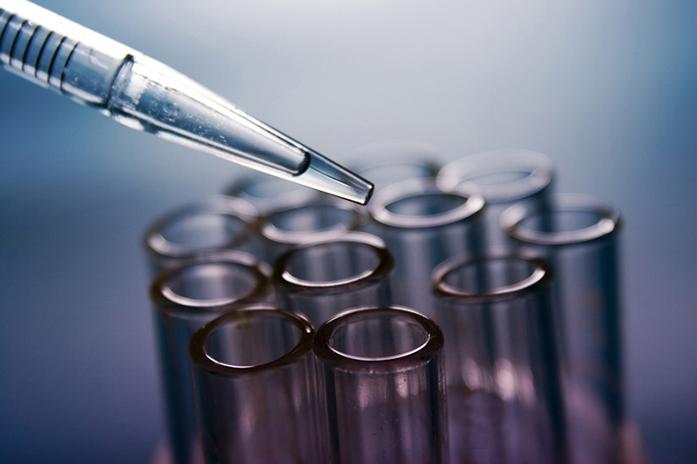By Anna Kayser
Two University of Iowa faculty members own have received a grant to further their research in the treatment of lymphoma cancers.George Weiner and Aliasger Salem of the Holden Comprehensive Cancer Center have researched treatments of lymphoma together for more than a decade.
The grant, given by the Leukemia and Lymphoma Society, will be put toward the research of a therapy to treat lymphoma.
The duo first learned about the $600,000 grant three months ago, but the money was just went into effect this month.
Weiner and Salem’s collaborative research mainly consists of developing nanoparticles that can be injected directly into the lymphoma cells to develop a type of immunotherapy. They want the immune system to recognize that the lymphoma is hazardous and to ultimately reject it.
Weiner said he tests the particles, while Salem actually makes them, and it is very important to recognize the partnership that he and Salem have.
They have made and begun testing the nanoparticles. Right now, they are in the process of figuring out which particle structure is best. They have had trouble with the size of the nanoparticles — currently, the size is too big for lymphomas.
There are two specific aims that the team is focusing on, Salem said. The first is actually developing the nanoparticle, and the second is testing the ability of the nanoparticles to trigger a response in the lymphoma when used alone and with other therapies, such as a checkpoint blockage.
While the checkpoint blockade antibodies may work, it could be improved by putting it together with nanoparticles. The two researchers have been evaluating this, and Salem said a clinical trial is currently going on that explores this theory.
“This approach has the potential to significantly improve therapeutic outcomes in lymphoma patients,” Salem said. “The general concept we are developing for lymphoma has the potential to be applied to a broad range of different cancer types, including melanoma.”
Once they have the structure of the nanoparticles ready, they will begin testing in patients. Weiner said they hope to be ready for that stage in two to three years.
In addition to combatting lymphoma, the therapy could eventually be used toward fighting other cancers as well.
“Eventually, we would like to be able to expand this use of immunotherapy to use in patients with lymphoma or other cancers,” Weiner said.
Brian Link, a clinician who takes care of lymphoma patients, works with Salem and Weiner on research. He is responsible for the testing in patients, and he sometimes also supplies biological samples for testing.
“I think the key message there would be that there are still many lymphoma patients that don’t have adequate therapies to cure the disease,” Link said. “This hypothesis could further new potential ideas that would close the gap and might provide a cure for those patients whose needs are not currently met.”







